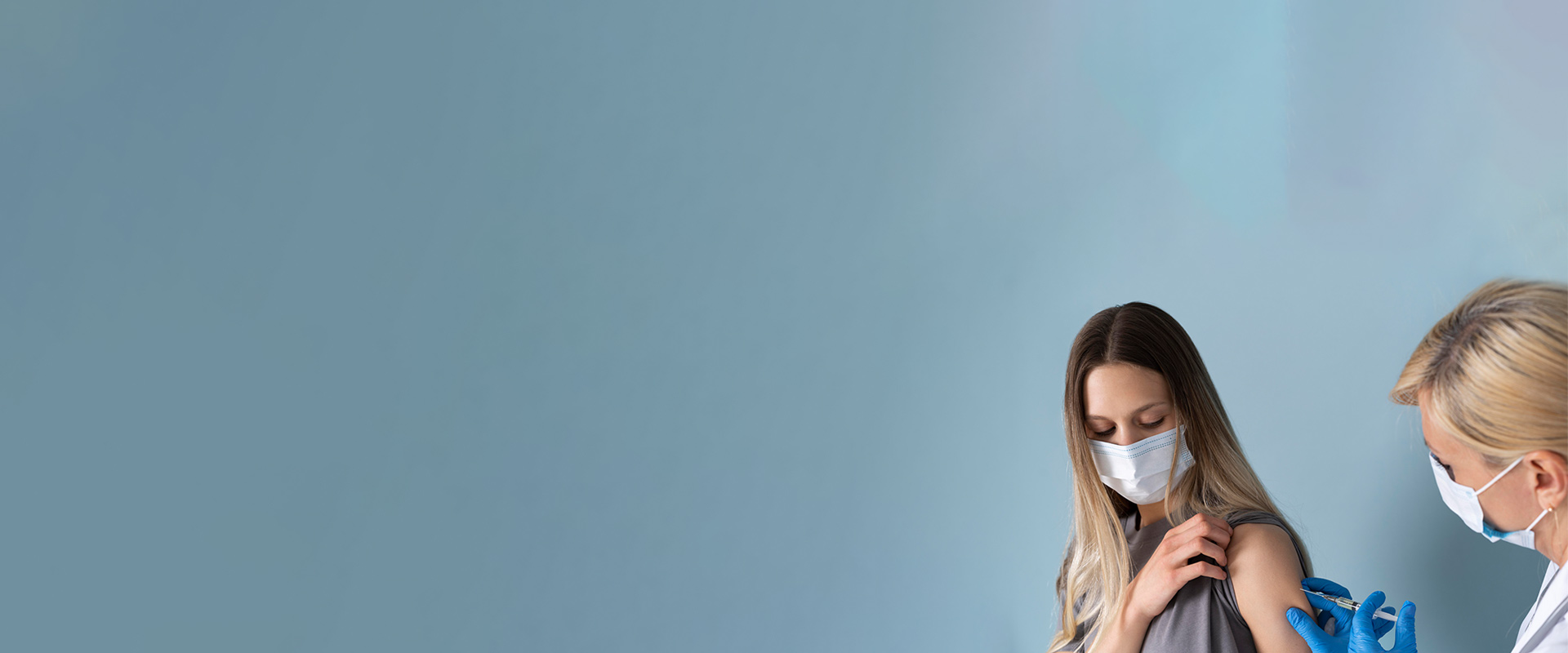
Specialist - Infectious Diseases, Internal Medicine, Tropical Medicine
1. There are 4 different serotypes of the dengue virus that causes human disease - DEN1, DEN2, DEN3, DEN4. Infection with a particular serotype will provide lifelong immunity against that serotype. For instance, if you get infected with DEN1, you will have life-long immunity against DEN1. However, you may still get DEN2, 3 or 4.
2. The perfect dengue vaccine should confer life long immunity against all four serotypes of dengue virus. One dose of the Yellow Fever vaccine confers lifelong immunity; alas, not so with the dengue vaccines.
DENGVAXIA®
3. The first dengue vaccine to be licensed was Dengvaxia®. It is made using a live attenuated (weakened) Yellow Fever virus modified to contain dengue virus proteins from all four dengue serotypes.
4. Dengvaxia® is indicated for the prevention of dengue disease caused by any dengue serotype in individuals 6 to 45 years of age with previous dengue infection.
5. At 25 months post vaccination, the overall efficacy against confirmed dengue infection from all serotypes is around 62%.
6. However, in those with previous dengue infection, the efficacy against confirmed dengue infection was noted to be 80%.
7. Dengvaxia was shown to be 80% effective in reducing dengue hospitalizations.
8. Efficacy against DEN3 and DEN4 was noted to be superior compared to DEN1 and DEN2.
9. Receiving Dengvaxia® without a prior history of dengue was shown to increase the risk of hospitalization among children. Therefore, Dengvaxia® is recommended only for those with prior dengue.
QDENGA®
10.Qdenga® is live attenuated vaccine which has all 4 serotypes, made on a backbone of DEN-2 virus. The vaccine was studied in 20,000 children and adolescents in 8 countries in Latin America and Asia.
11.Qdenga® is indicated for the prevention of dengue disease caused by any dengue serotype in individuals 6 to 45 years of age.
12. Qdenga® performance:
• In the first 12 months after vaccination:
• Efficacy against virologically confirmed disease (VCD): 80%
• Efficacy in preventing VCD hospitalization: 95%
• The efficacy was highest against DENV2 (98%)
• The efficacy was lowest against DENV3 (63%).
• No effect against DENV4 could be demonstrated (numbers too low)
• During 4.5 years after vaccination:
• Efficacy against virologically confirmed disease (VCD): 59%
• Efficacy in preventing VCD hospitalization: 84%
• In those without prior dengue:
• Cumulative efficacy 4.5 years after vaccination: 50%
• (No protective effect against DENV3 and DENV4)
• In those with prior dengue:
• Cumulative efficacy 4.5 years after vaccination: 63%
SUMMARY
13.None of the dengue vaccines are completely safe or completely effective.
14.The decision to get vaccinated should be based on your personal risk threshold, preferences, diligent research, and detailed discussions with your healthcare provider.
15.When dealing with such decisions, it is useful to ask yourself the following four questions:
1. What is the RISK of CHOOSING the intervention (vaccine, medicine)? - (Side effects, direct costs, etc)
2. What is the BENEFIT of CHOOSING the intervention? (Protection from disease, potential long-term cost savings, etc)
3. What is the RISK of NOT CHOOSING the intervention? (Illness, disability, death, potential indirect / opportunity costs, etc)
4. What is the BENEFIT of NOT CHOOSING the intervention? (Avoid side effects, avoid direct costs, etc)
ADDITIONAL READING FOR THOSE WHO LOVE HOMEWORK
• Qdenga:
• https://www.ema.europa.eu/en/medicines/human/EPAR/qdenga
• https://www.sciencedirect.com/science/article/pii/S1477893923000583
• https://assets-dam.takeda.com/raw/upload/v1674594191/legacy-dotcom/siteassets/system/what-we-do/areas-of-focus/vaccines/pdf/ACC_Qdenga_SmPC.pdf
• Dengvaxia:
• https://www.ema.europa.eu/en/medicines/human/EPAR/dengvaxia
• https://www.ema.europa.eu/en/documents/product-information/dengvaxia-epar-product-information_en.pdf
• https://www.fda.gov/media/124379/download